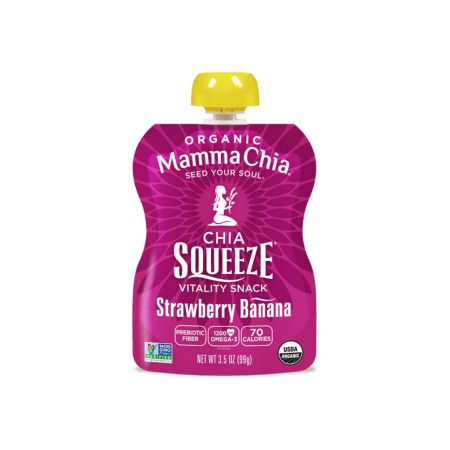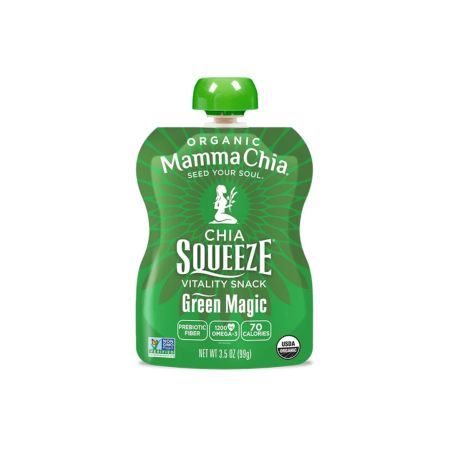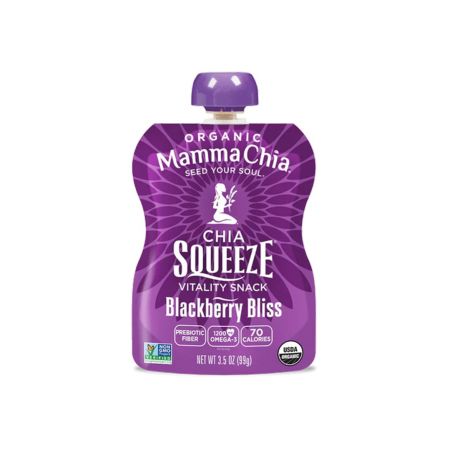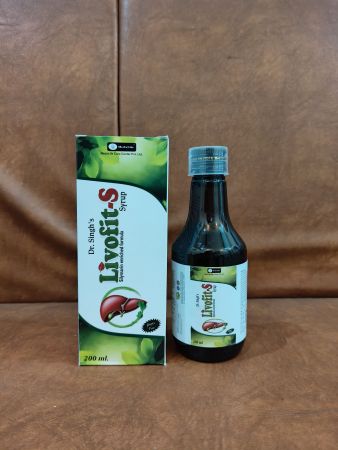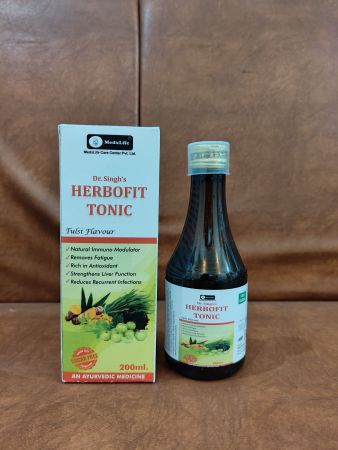|
Milk Thistle (Silybum marianum):
Milk thistle, also known as Silybum marianum, is a flowering herb in the Asteraceae family, native to the Mediterranean region but now widely grown around the world. It is easily recognized by its large, spiny leaves, which often have white, milky streaks. The plant produces purple flowers that are similar to thistles, and its seeds are used medicinally for their liver-protective properties. The active compound in milk thistle, silymarin, is derived from its seeds and is responsible for its numerous health benefits, particularly its support for liver health and detoxification.
Botanical Characteristics:
Milk thistle is a tall, spiny plant that can grow up to 1.5 meters (5 feet) in height. Its leaves are large, deeply lobed, and characterized by white veins or streaks, which give the plant its distinctive appearance. The plant produces purple, thistle-like flowers that bloom in the summer. The seeds, which are harvested in late summer, are the most commonly used part of the plant for medicinal purposes. These seeds contain silymarin, a powerful antioxidant complex that has made milk thistle a popular herb in traditional and modern herbal medicine.
Health Benefits of Raw Milk Thistle:
Milk thistle has long been used for its ability to support liver health and detoxification, but its benefits extend to a variety of other bodily systems. Key health benefits include:
Liver Detoxification and Protection:
The most well-known use of milk thistle is its ability to protect and detoxify the liver.
Silymarin, the active compound in milk thistle, has powerful antioxidant and anti-inflammatory properties that help protect liver cells from damage caused by toxins, alcohol, and environmental pollutants.
It supports liver regeneration by stimulating the growth of new liver cells and promoting the detoxification process, making it useful for conditions like fatty liver disease, hepatitis, and cirrhosis.
Antioxidant Properties and Cellular Protection:
Milk thistle is a potent antioxidant, thanks to silymarin, which helps neutralize harmful free radicals and prevent oxidative stress in the body.
By protecting cells from oxidative damage, milk thistle may reduce the risk of chronic diseases such as cancer, heart disease, and neurodegenerative conditions like Alzheimer's and Parkinson's disease.
Silymarin is believed to enhance the body’s overall antioxidant capacity and promote cellular health.
Supports Digestive Health:
Milk thistle supports digestive health by promoting bile production and flow, which helps improve the digestion of fats and overall nutrient absorption.
It can help relieve symptoms of indigestion, bloating, and discomfort after meals, and may aid in the management of conditions like irritable bowel syndrome (IBS).
Anti-inflammatory and Immune-Boosting Effects:
Milk thistle’s anti-inflammatory properties help reduce inflammation throughout the body, including the liver and digestive tract.
It is used to treat inflammatory conditions like arthritis, inflammatory bowel disease (IBD), and liver inflammation (hepatitis).
The herb also helps modulate immune system activity, supporting the body’s natural defense mechanisms against infections and illnesses.
Supports Skin Health and Anti-Aging:
The antioxidants in milk thistle, particularly silymarin, are beneficial for the skin, helping to protect it from UV damage, pollution, and oxidative stress.
Milk thistle is often used in skincare products for its anti-aging effects, as it helps promote collagen production, improve skin elasticity, and reduce wrinkles and fine lines.
It can also help treat certain skin conditions, such as acne, eczema, and psoriasis, by reducing inflammation and supporting skin regeneration.
Improves Cholesterol and Cardiovascular Health:
Milk thistle has been shown to have a beneficial effect on cholesterol levels. Studies suggest that it can help lower LDL (bad) cholesterol while increasing HDL (good) cholesterol.
By improving lipid profiles, milk thistle may help reduce the risk of heart disease, atherosclerosis, and stroke.
Its anti-inflammatory and antioxidant effects also contribute to overall cardiovascular health by protecting the blood vessels and improving circulation.
Regulates Blood Sugar and Supports Diabetes Management:
Some studies suggest that milk thistle may help regulate blood sugar levels, making it a potential aid for individuals with diabetes or insulin resistance.
It may help improve insulin sensitivity and reduce blood glucose levels, contributing to better overall metabolic health and the management of type 2 diabetes.
Helps with Weight Loss:
Due to its ability to support liver health, milk thistle is often used in weight loss protocols, as a healthy liver plays a crucial role in the body's metabolism and fat-burning processes.
Milk thistle’s ability to improve digestion and reduce inflammation also supports healthy weight management by promoting better nutrient absorption and reducing bloating and water retention.
Culinary and Medicinal Uses of Raw Milk Thistle:
Milk Thistle Tea: The seeds of milk thistle can be brewed into a tea, which is consumed to support liver health and detoxification. The tea has a slightly bitter flavor and can be combined with other herbs like dandelion root or peppermint for added digestive benefits.
Milk Thistle Seed Powder: The seeds can be ground into a fine powder and added to smoothies, juices, or food for easy consumption.
Tinctures and Extracts: Milk thistle is commonly available in liquid extract or tincture form, providing a concentrated dose of silymarin.
Capsules and Tablets: Milk thistle is often sold in capsule or tablet form, which is a convenient way to take a standardized dose of the herb for liver support and overall health.
Cultural and Historical Significance:
Milk thistle has been used in herbal medicine for centuries, dating back to ancient Greece and Rome. It was originally valued for its ability to treat liver ailments and detoxify the body. In traditional European medicine, it was used to treat jaundice, liver inflammation, and digestive problems. In modern herbal medicine, milk thistle continues to be one of the most widely used herbs for liver support and detoxification, with a wealth of scientific research backing its benefits.
Nutritional Composition of Raw Milk Thistle:
Vitamins: Rich in vitamin E, as well as small amounts of B-vitamins.
Minerals: Contains calcium, magnesium, potassium, and iron.
Bioactive Compounds: Silymarin (a mixture of silybin, silydianin, and silychristin), flavonoids, and phenolic compounds.
Calories: Approximately 400 calories per 100 grams of dried milk thistle seeds, with a high fat content due to the presence of healthy fats in the seeds.
Environmental Role and Cultivation:
Milk thistle is native to the Mediterranean region but is now widely cultivated in temperate climates across the world, including Europe, North America, and parts of Asia. The plant grows in a variety of soil types, preferring dry, well-drained soils. It is often found in disturbed areas like roadsides, fields, and pastures. Milk thistle is relatively hardy and can thrive in a range of environmental conditions. It is typically cultivated for its seeds, which are harvested in late summer when they are fully matured.
|







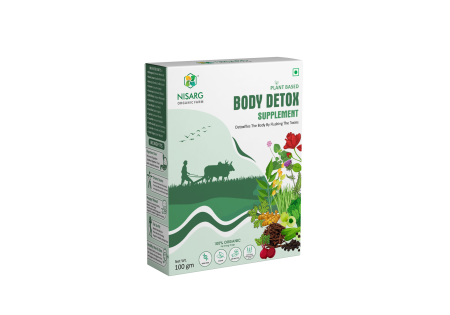
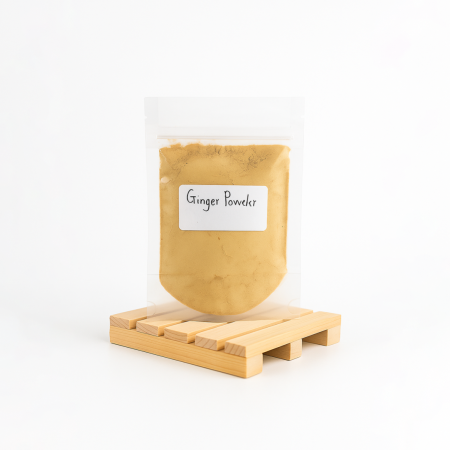
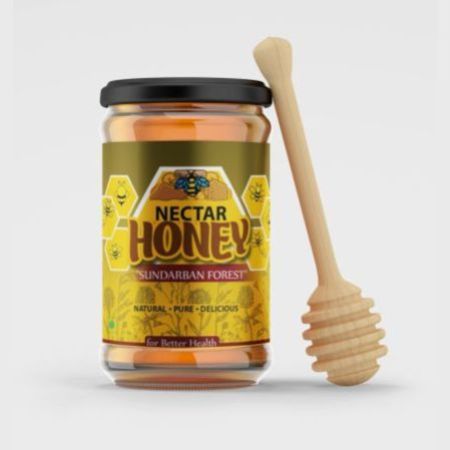
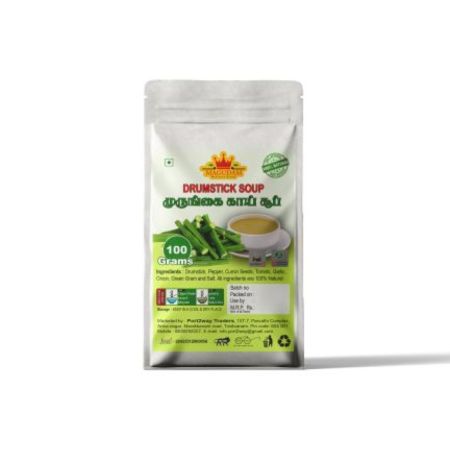
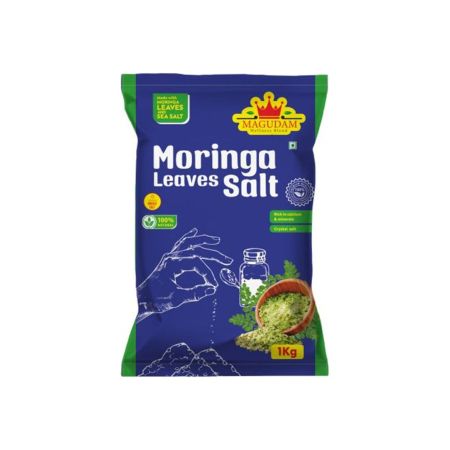
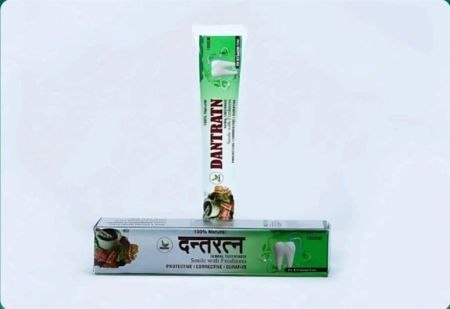
.jpg)
